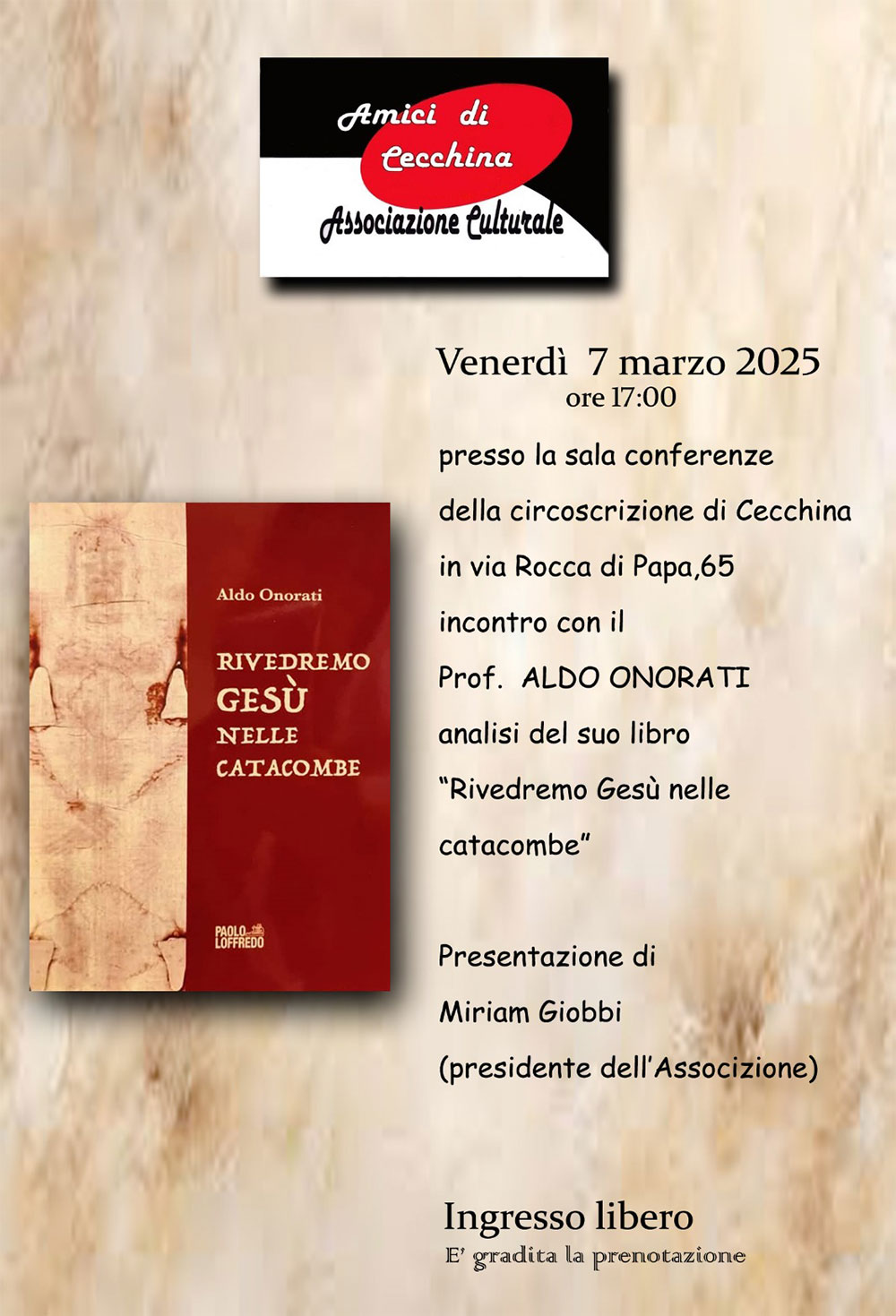 Paolo Loffredo, sixth generation of a large family of publishers and booksellers engaged in the production and distribution of books since the late nineteenth century, creates in 2012 the new editorial company Paolo Loffredo Editore. The historical site was until the '80s in the heart of the historic centre of Naples in Via San Biagio dei Librai, lower Decumano and also known as the SpaccaNapoli.
Paolo Loffredo, sixth generation of a large family of publishers and booksellers engaged in the production and distribution of books since the late nineteenth century, creates in 2012 the new editorial company Paolo Loffredo Editore. The historical site was until the '80s in the heart of the historic centre of Naples in Via San Biagio dei Librai, lower Decumano and also known as the SpaccaNapoli.
At the beginning of the twentieth century, Giuseppe Loffredo decided to add book selling to the book production, which definitively imposed itself after World War II with the publication of manuals for the University and for the School that succeeded in establishing themselves soon throughout Italy.
LAST EVENT
"Rivedremo Gesù nelle catacombe"
07 Marzo 2025 - Sala Conferenze circoscrizione di Cecchina - via Rocca di Papa 65, Albano Laziale (RM) - ore 17,00

DULCIS ALEBAT PARTHENOPE
ISSN 2611 - 2795
Language: Latin, Italian
Publisher: Paolo Loffredo Editore Srl

Description
Book Preview
Review by Bollettino di Studi Latini
Review by Buchbesprechungen – Comptes rendus (32 - 33 - 2)
DULCIS ALEBAT PARTHENOPE. Memorie dell’antico e forme del moderno all’ombra dell’accademia Pontaniana
The essays in this volume are the result of second thoughts, insights and researches realized by their authors after two lucky study encounters in Naples in a fruitful intellectual and emotional continuity, even if far in time, in the field of activities promoted by the Accordo di cooperazione scientifica internazionale between University of Naples Federico II and the Université de Rouen Normandie.
In the wake of this agreement, which aims to promote studies about the humanistic civilization in Naples and its Reign between the XV and XVI century, the encounters allowed many researchers to successfully confront about the definition of humanistic Neapolitan-Aragonese culture in its many aspects, giving attention both to intellectuals who contributed to the evolution of the Neapolitan Academy in its most fruitful period, and to the survival and permanence of its teaching, of its ideas and models in the literary civilization in Europe in the following centuries. These ideas and models, as it becomes more and more clear thanks to the growing studies on this field, were led by a lot of intellectual strength and a lot of dialectical and expressive refinement. They not only fed Italian culture, but also managed to influence some of the most important and fortunate currents in the European culture, which were destined to a long lasting success, until the modern age.
Authors
Marc Deramaix teaches Classic and Humanistic Latin Literature at the Université de Rouen Normandie. Specialist in the latin expression of religious sentiment and in the latin language of art within the Neapolitan Academy in the Reinassance, he gave many important contributes on authors such as Pontano, Sannazzaro, Egidio da Viterbo. He has been invited at University of Naples Federico II to work in the Accordo di cooperazione scientifica internazionale, which was subscribed in 2012. He is the director of many PhD thesis focussed on Aragonese humanistic literature.
Giuseppe Germano teaches Medieval and Humanistic Latin Literature at University of Naples Federicco II (Humanistic Studies department), where he also coordinated the PhD in Classic, Cristian, Medieval and Humanistic Latin and Greek Philology, along with the Master’s degree course Philology, Literature and Civilization in the Ancient World. Critical editor and exegete of medieval and humanistic texts, he focuses his philological and literary investigations on many points, such as Humanism in Naples during the Aragonese era, divided into lexicography, historiography and poetry.














